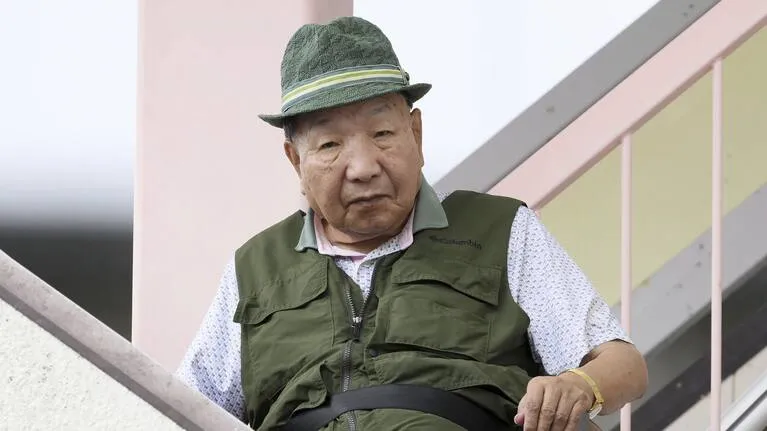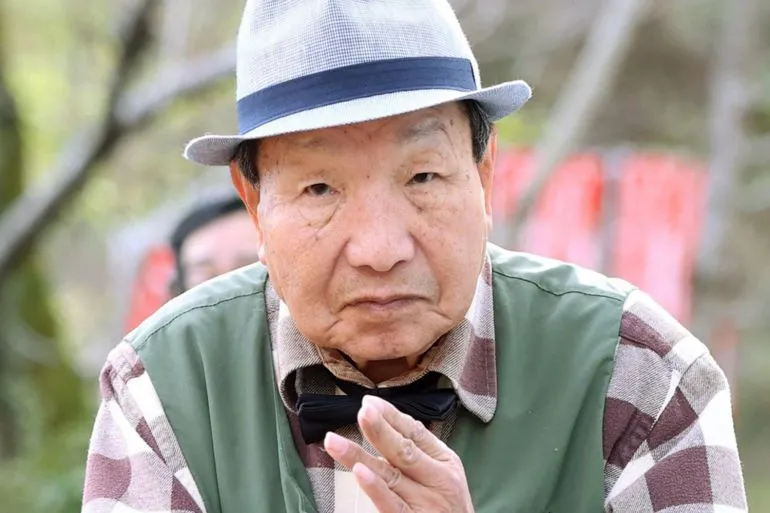Japanese prosecutors have announced that they will not appeal the acquittal of Iwao Hakamada, the world’s longest-serving death row inmate, after a retrial last month. Hakamada was found not guilty of the 1966 murder of four people and setting their home on fire in central Japan, a case that has been shrouded in controversy and has seen the legal proceedings take over 58 years to conclude. In a statement, Naomi Unemoto, the Prosecutor-General, expressed regret over the lengthy and unstable legal situation that Hakamada had to endure, saying “We feel sorry for putting him in a legally unstable situation for an extremely long time.” Unemoto also apologized for the delay in the retrial process and pledged to investigate why it took so long to conclude.
Hakamada, an 88-year-old former boxer, spent over 45 years on death row, making him the world’s longest-serving death row inmate, according to Amnesty International. His conviction was based on evidence that has been widely discredited, including fabricated confessions and planted evidence. The Shizuoka District Court, which heard the retrial, concluded that police and prosecutors had colluded in fabricating and planting evidence against Hakamada, and that he was forced into confessing through violent and prolonged interrogations.

Iwao Hakamada (Image via Getty)
Hakamada’s acquittal marks a significant turning point in the case, which has sparked widespread outrage and condemnation over the years. The top prosecutors’ decision not to appeal brings closure to the case, and Hakamada’s sister, Hideko, has expressed delight at the outcome, saying “I’m delighted that we finally resolved this. Case closed.” Hakamada himself is now entitled to receive government compensation of up to £1.03 million, although his lawyer is considering filing a damages suit against the government and the Shizuoka prefecture over their role in fabricating evidence.
The acquittal of Hakamada is a rare occurrence in Japan, where prosecutors have a conviction rate of over 99% and retrials are extremely rare. However, in recent years, there has been a growing movement to address the country’s justice system, which has been criticized for being slow and biased. The retrial of Hakamada’s case is a significant step in this direction, and it is hoped that it will lead to a more just and transparent judicial system in Japan.


























